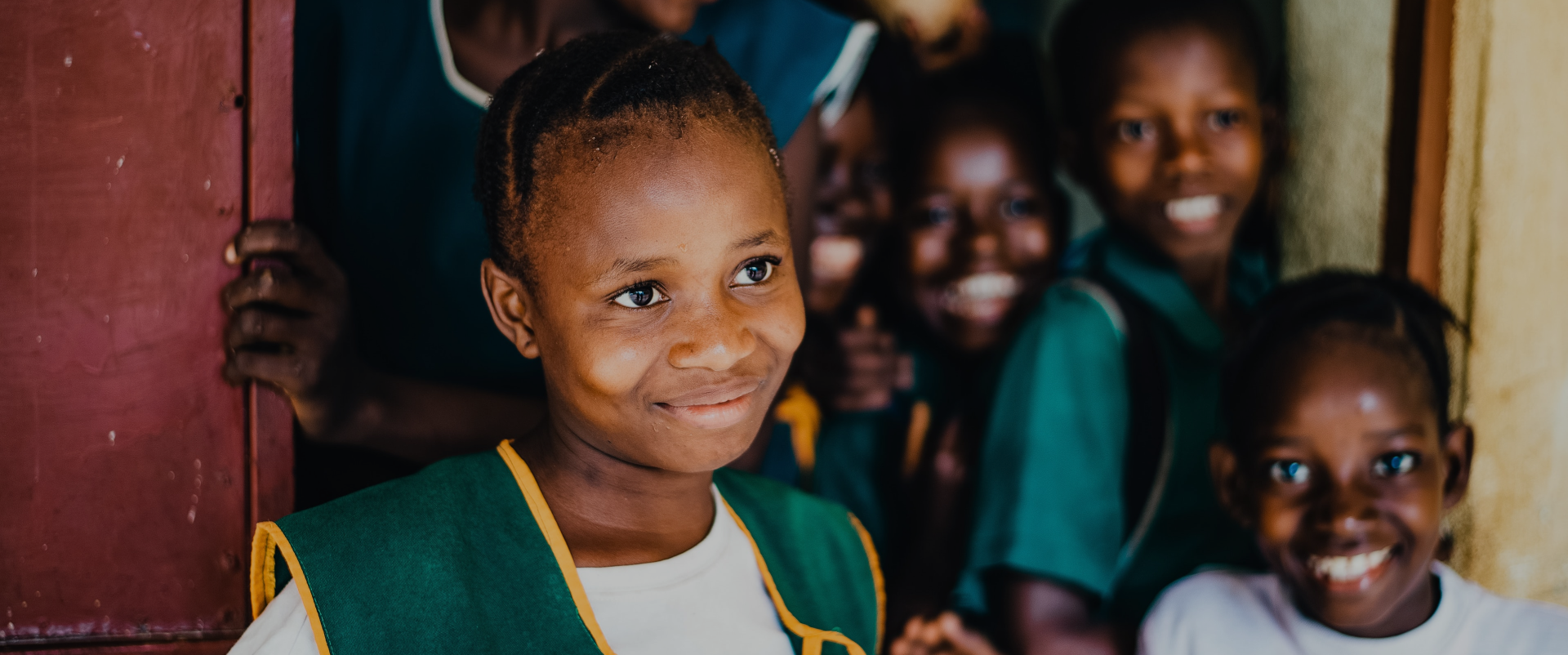
Urgent Action Needed to Protect Children from Inappropriate Content on TV3 Date Rush
Accra, Ghana – Child Online Africa is deeply concerned about the recent incident of TV3 broadcasting inappropriate live content during the Date Rush program that has a general viewership; by extension children included. COA’s position is in alignment with the African Charter’s consideration that the promotion and protection of the rights and welfare of the child also imply the performance of duties on the part of EVERYONE. Therefore, this alarming development highlights the urgent need for stricter content moderation and proactive measures to ensure the protection of our children.
COA also recognizes the child has physical and mental development needs that require particular care concerning health, physical, mental, moral, and social development, as well as legal protection in conditions of freedom, dignity, and security. Exposure to inappropriate content could have serious consequences on a child’s emotional well-being, cognitive development, and overall mental health.
The harms associated with exposing children to inappropriate content are numerous and include: Emotional Distress -Psychological Impact -Normalization of Inappropriate Behaviour- Negative Influence on Values and Morals.
We, therefore, call on all stakeholders in the media to prioritize the protection of children by taking immediate steps to rectify this issue. With inspiration from Article 4 of the African Charter on the Rights and Welfare of the Child and Section 2 of the Children’s Act of Ghana (Act 560), COA recommends the following measures:
1. Strengthened Content Moderation: TV stations must implement robust content moderation policies to ensure that all content, especially that is targeted at the general public; undergoes thorough review and screening before broadcast. This includes setting clear guidelines on what is considered appropriate for young audiences.
2. Pre-Broadcast Screening: Establishing a pre-broadcast screening process to help identify any potentially inappropriate content and prevent it from being aired during programs aimed at the general public, which could include children.
3. Age-Appropriate Content Ratings: Implementing a standardized content rating system that could provide useful and clear guidance to parents and caregivers on the age-appropriateness of the programs, enabling them to make informed decisions about what their children should watch.
4. Collaboration: There is a need for TV station owners and editors, National Communications Authority, National Media Commission, and other agencies to team up in establishing best practices, share resources, and develop effective policies that prioritize child safety and well-being.
5. Legislation: we call on regulators and policymakers, especially the parliamentary caucus on Communications, to come up with standards informed by our cultural values and principles to strengthen existing regulations and enforce them effectively to safeguard the best interests of our children while checking some of these excesses.
Children's well-being should be a collective responsibility. We urge the TV station in question to take immediate action to rectify the situation.
Together, we can create a safer, more empowering, and more positive, nurturing media environment for children.

